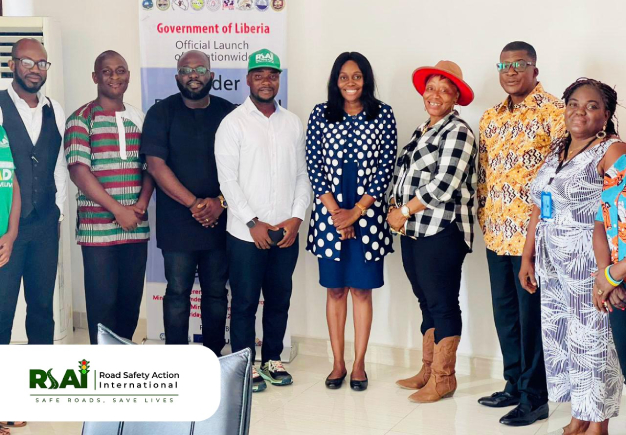Unraveling the Gendered Impact of Road Accidents: A Call to Action for Social Support
Road accidents are often viewed as indiscriminate tragedies, striking without regard for gender. However, beneath this assumption lies a stark reality: the burden of road fatalities disproportionately affects men, but the repercussions are felt deeply by women and children, especially in disadvantaged communities. Recent findings from Road Safe Action International (RSAI) shed light on the unequal impact of road accidents. Shockingly, men account for 7 out of 10 road fatalities, highlighting a concerning trend that demands attention. The consequences ripple through families, particularly in areas where men are primary breadwinners.

Through the Moral and Legal Support Project (MLSP), RSAI undertook a comprehensive investigation into the aftermath of road accidents, focusing on the victims' families. What we unearthed was distressing yet illuminating. The loss of male family members not only thrusts single mothers into the challenging role of sole providers but also destabilizes households, leading to economic hardship and familial disintegration.
The link between road accidents, poverty, and family breakdowns is troubling, but perhaps more alarming are the secondary effects on children. Without proper support structures in place, male children may resort to substance abuse as a coping mechanism, while female children may be driven into dangerous paths, such as prostitution, for survival.
Recognizing the urgency of addressing these issues, the MLSP initiated discussions with the Ministry of Gender, Children, and Social Protection. By collaborating on tailored interventions with the Ministry of Gender, Children and Social Protection and other stakeholders, we aim to mitigate the far-reaching impact of road accidents on vulnerable families.

The road safety approach advocated by RSAI is twofold: accident prevention and post-crash care. While efforts to prevent accidents are crucial, equal attention must be given to supporting victims and their families in the aftermath. This includes not only addressing immediate needs but also fostering long-term resilience and recovery. This year, the focus has been on understanding Liberia's post-crash landscape, encompassing economic, social, and mental well-being. By delving into these aspects, we hope to work with diverse stakeholders to develop holistic solutions that address the multifaceted challenges faced by road accident victims.
The collaboration with the Ministry of Gender, Children, and Social Protection marks a significant step forward in addressing gender disparities in road safety initiatives. By pooling resources and expertise, we can develop locally relevant strategies that prioritize the needs of affected communities. As discussions continue and interventions take shape, there is hope for meaningful change on the horizon. By acknowledging the gendered nature of road accidents and their repercussions, society can take proactive steps towards building a safer and more supportive environment for all. It's not just about reducing statistics; it's about safeguarding the well-being and dignity of every individual impacted by these tragic motor accidents.
